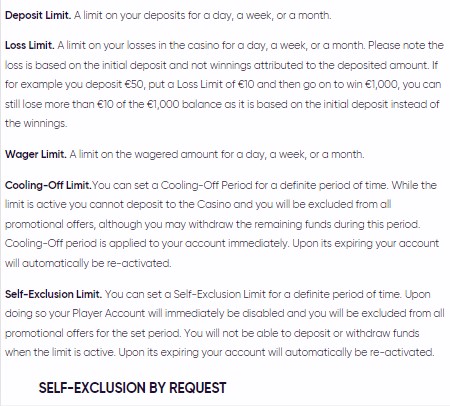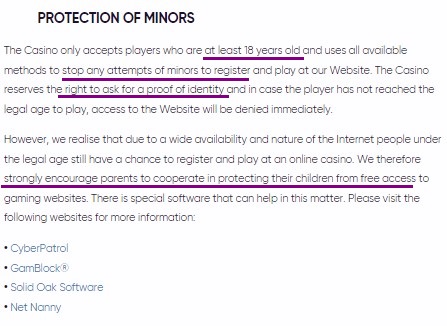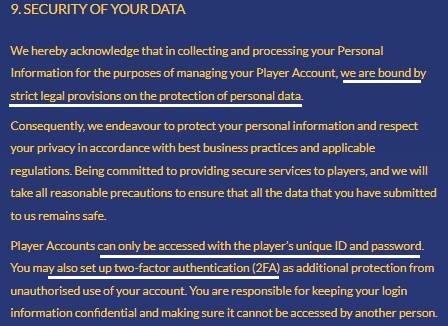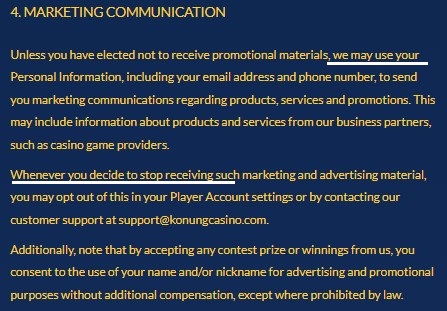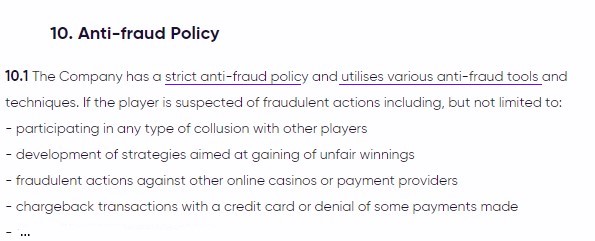It is important to identify gambling addition signs in yourself or in a person close to you. That way you can start working towards quitting gambling. When your loved one, a close family member or friend is showing many of the signs mentioned above it is crucial that you offer support so that they can start treating this disorder. If responsible gaming tools are not of significant help, it is recommended to seek professional help (psychologists, mental health professionals, support groups or help centers).
In the responsible gaming area, some of the most helpful treatments in fighting gambling addiction are:
- Therapy: Most widely used is CBT (cognitive behavioral therapy) which teaches you to use your urges as a strength to resist gambling by exposing you to your own behavior (in a controlled way).
- Medications: The majority of prescribed medications involved in the treatment of compulsive gambling include antidepressants, mood stabilizers and narcotic antagonists (usually prescribed for treating substance abuse).
- Support groups or gambling addiction helpline: These can be found online or in your local community. Most online casinos also have a separate category for responsible gaming where they provide links to websites that specialize in this. Most known international online sites where you can find support groups or a gambling helpline are listed below.
Acknowledging the situation and admitting to yourself, “Yes, I have a gambling problem, I can’t stop gambling,” is the hardest part – but it also shows that you are brave enough to face the facts and focus on treating your gambling addiction.
